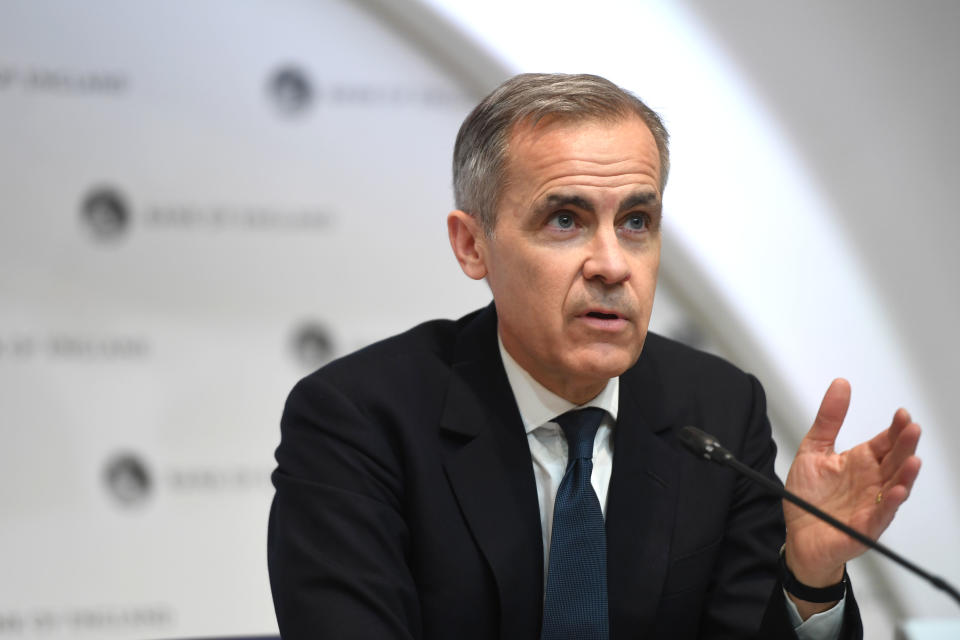Small businesses hit by coronavirus cash flow strains

Over two-thirds (69%) of UK small and medium-sized businesses (SMEs) have reported significant pressures on their cash flow levels due to the coronavirus outbreak according to new insights from business lender MarketFinance.
This is partly due to businesses paying for supplies earlier than usual because of coronavirus-related stockpiling and fears that transport links could be deeper disrupted.
Late payments are causing problems for businesses as three-quarters (74%) of business owners reported invoices due to be paid at the end of February have not been settled and were unlikely to be cleared before the end of March.
Supply chain issues, particularly for businesses relying on products from China, are also threatening to derail small businesses.
Over a third (36%) of business owners are worried that they won’t survive the six weeks to Easter if they are unable to secure some finance to bolster their business.
The Bank of England on Wednesday announced emergency measures in response to the economic impact of coronavirus, including a new £100bn ($129bn) funding scheme aimed at maintaining bank and building society lending to small and medium-sized businesses.
The centra bank will also cut the “counter cyclical buffer” for UK banks, which will unlock £190bn they can use to lend to people and businesses that need it.
Read more: Banks offer mortgage holidays as part of coronavirus response
In an unexpected move the Bank has cut the interest rate by 50 basis points from 0.75% to 0.25%.
Commercial banks have also implemented emergency measures to help combat the economic effects of coronavirus.
Royal Bank of Scotland (RBS.L) announced it would make £5bn available to SMEs to support them through the coronavirus outbreak to support them through the coronavirus outbreak.
RBS, Lloyds Bank (LLOY.L), and Barclays (BARC.L) on Tuesday all pledged to offer extra support to customers hit by coronavirus including mortgage repayment holidays, temporary increases in credit card limits, and waiving fees on early access to fixed savings accounts and late credit card, mortgage, and loan payments.
Mike Cherry, Federation of Small Business (FSB) national chairman said: “The Bank of England has thankfully wasted no time in taking action to try and stabilise the UK economy in the wake of the Coronavirus outbreak.
“Four in ten small firms say new credit is unaffordable, so it’s encouraging to see measures – including a rate cut – aimed at making loans less expensive at such a challenging time.
Read more: Bank of England cuts interest rate to 0.25% in coronavirus response
“Equally the £100bn cash injection into banks earmarked for small business lending will hopefully throw a lifeline to firms suffering from cashflow issues.
"More than a third of small firms that secure new finance use it to manage cashflow, so it’s absolutely critical that this new funding makes its way to small firms in need as swiftly as possible. We can’t have hold-ups at the banks.
“Small firms need all the help they can get at this difficult and uncertain time and they will be hoping that the prompt use of monetary policy levers eases cashflow concerns, particularly for businesses heavily dependent on high footfall.
“Later today, we need the Chancellor to take equally decisive action by introducing measures to stem the disruption being caused by Coronavirus and show that he is on the side of the UK’s everyday entrepreneurs.”
Anil Stocker, CEO at MarketFinance, said: “The impact of the coronavirus spread is being felt by SMES across the UK as finance and supply chains are disrupted.
At the best of times, only around half of these businesses are cash flow positive. Today, businesses are feeling a palpable sense of helplessness and isolation and there is a lack of specific information on how to cope with the crisis.”
Read more: Natwest gives small businesses £5bn coronavirus support
“At the moment cash is king and if businesses are being starved of this cash, it will leave them stranded. Whilst policy efforts play out to contain the spread of coronavirus, business owners should brace themselves for some turbulence and have a prepared mindset for the scenarios ahead.”
“Rishi Sunak has a golden opportunity to prove that he is a champion of UK SMEs. There is a role for Government to work with businesses, banks and other lenders to ensure a resilient economy.
It will be the smallest businesses that are most hit as they have the least bargaining power in global supply chains. They could, for example, give businesses VAT / tax ‘holidays’ to ensure that they have enough money to cover immediate costs.”

 Yahoo Finance
Yahoo Finance 